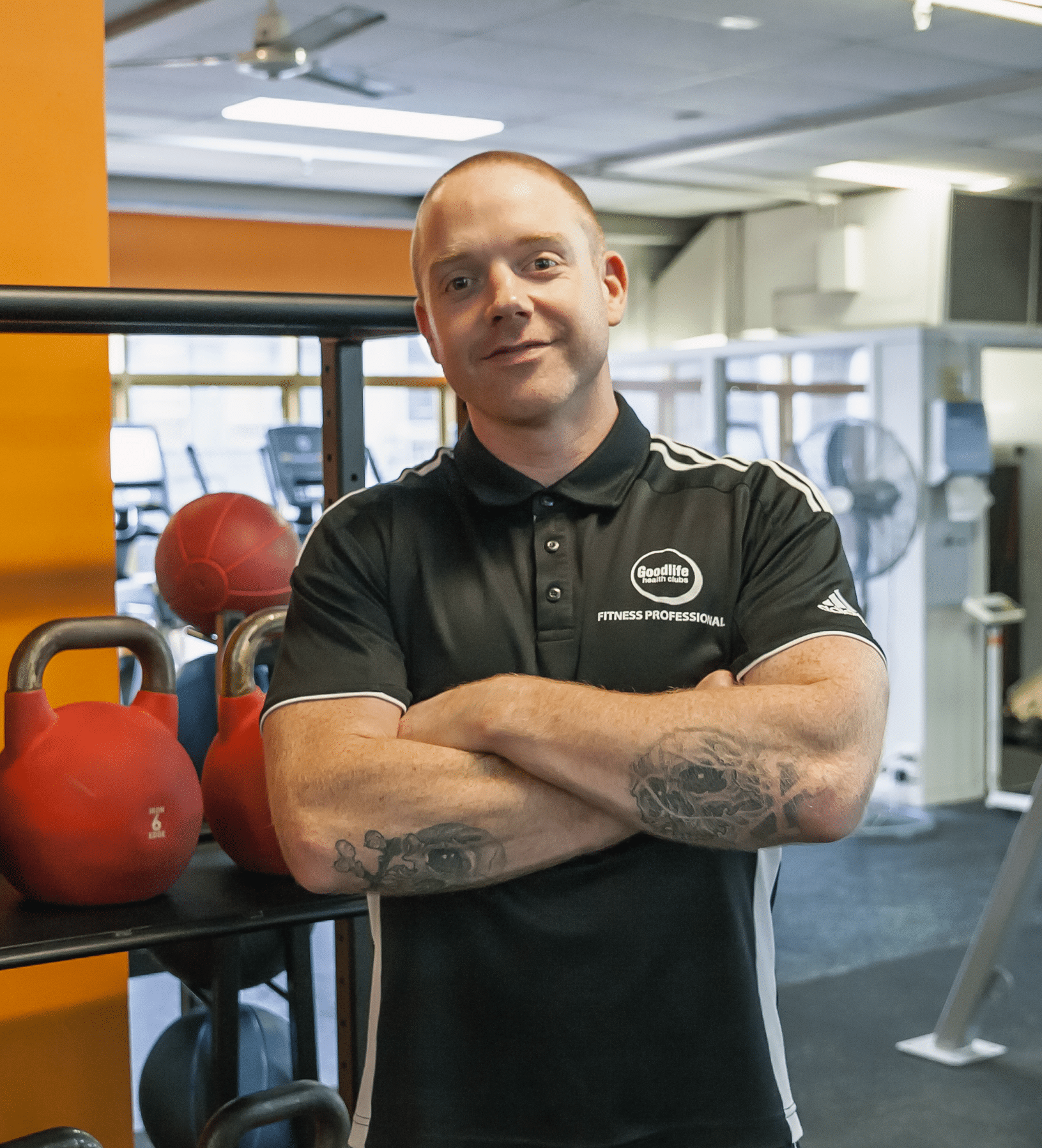Why Sleep is So Important and How to Get More of It
If your diet and exercise are on point but you still don’t feel or look the way you want, then perhaps poor sleep may be to blame.
Below are some ways for you to identify if your sleep habits aren’t working and what you can do to make quality sleep a priority.
5 signs your sleep habits aren’t working for you:
- Your mind is foggy.
What we experience and learn gets cemented to memory while we sleep. Interference with this process causes:- Reduced alertness and concentration
- Confusion
- Impaired judgement
- Forgetfulness
- You’re getting sick a lot
When we don’t sleep enough, T-cells go down and inflammation goes up, resulting in:- Increased vulnerability to viruses and bacteria
- Acute increase in risk of getting sick
- Increased risk of heart disease and other inflammation-related illnesses
- Your workouts feel too hard
Our body uses sleep as an opportunity to refresh neurotransmitter levels and remove energy-draining metabolites.
Otherwise we experience:- Decreased central nervous system activity
- Slower reaction time
- Low energy and endurance capacity
- Depressed mood
- Reduced desire to exercise
- You’re unhappy
While we sleep, we produce fresh neurotransmitters and regulate hormone production.
Interference here causes:- Impaired regulation of emotions
- Heightened stress
- Low mood
- Possible increase in risk of depression
- You’re struggling with your weight
Poor sleep is linked to excess body fat, as it can:- Disrupt appetite regulation
- Cause you to feel hungrier
- Lead to an increase in calorie intake
Also, excess body fat can reduce sleep quality.
Preparing for a good night’s sleep
As odd as it sounds, your path to high-quality sleep begins in the morning.
Wake at the right time
Ensuring you wake up at the same time each day (even on the weekends) will help keep your circadian rhythm in balance.
Get moving right away
Movement seems to speed the waking process, whereas hitting snooze increases sleep inertia. When it’s time to wake, sit up and put your feet on the floor.
Find the sun
Light exposure sets your daily melatonin (sleep hormone) rhythm. This increases wakefulness during the day and helps your body gear down at bedtime.
Be careful of alcohol and caffeine
Consuming caffeine within 6 hours of bedtime and having more than 1-2 alcoholic drinks in the evening interferes with deep sleep (even if it doesn’t seem to).
Exercise
Regular exercise helps normalise your body’s 24-hour clock, regulate your fight-or-flight system, and optimise your hormone levels.
However, be careful with very intense exercise later in the evening. It may make it harder to fall asleep.
Eat a small to medium dinner
Too much food can make it harder to fall asleep. A blend of minimally processed protein, carbs and fat can help keep you satisfied until morning.
Plus, having some slow-digesting starchy carbs can help to make you feel sleepy.
Limit fluids
Drinking too much liquid shortly before bed can results in frequent waking for bathroom trips.
Clear your mind
Whatever thoughts are in your head, get them out and onto paper. This preps you for genuine relaxation.
Go the $%#@ to bed
Sticking to a reasonable bedtime teaches your body when to release calming hormones to help you fall asleep. Also, every hour of sleep before midnight is worth two hours after.
Sleep at least seven hours. Most people need 7-9 hours of sleep per night. If you’re getting far less now, that’s okay. Just work your way up slowly.
Even adding 30 minutes can make a big difference.
More tips for better sleep
Turn off electronic
Remove your eyes from all devices ideally 2 hours but at least 30 minutes before bed. Artificial light interferes with our production of melatonin, which ensures deep sleep and may help regulate metabolism.
Having devices automatically switch to night mode after sunset or a pair of blue blocking glasses may help too.
De-stress
Reading, meditation and stretching can release tension and activate calm-down chemicals.
Take a bath or shower
Warm water can help us relax and de-stress. Throw in some magnesium-based Epsom salts, known to help with sleep.
Create a relaxing sleep area
Your bedroom should be quiet, peaceful, relatively organised and free of anxiety-inducing clutter.
Consider a fan or white noise machine to drown out sounds if you live in the city.
Have your room at an appropriate temperature
Most people sleep better when it’s cool (around 16-19 degrees) but find what works best for you.
Turn your room into a bat cave
To maximise melatonin production, consider installing blackout curtains and turn your phone face-down. Use a dim night light to illuminate mid-sleep bathroom trips.
If you are following all these tips and are still unable to get a good night’s rest, you may have an undiagnosed sleep disorder.
Your GP should be able to help you with a referral to see a sleep specialist.




